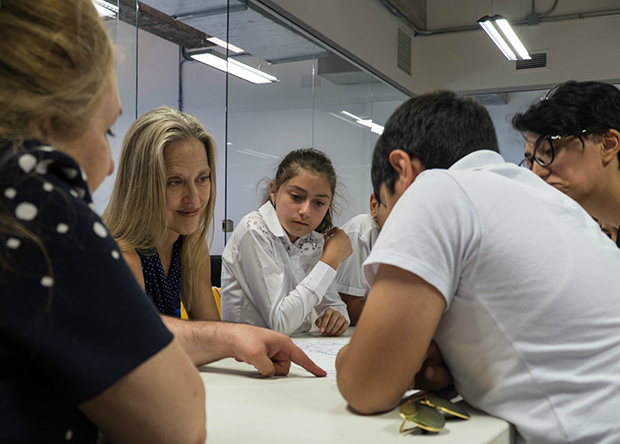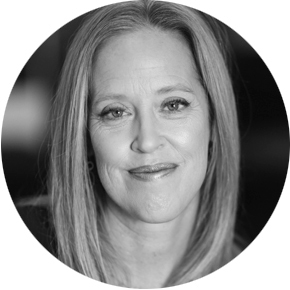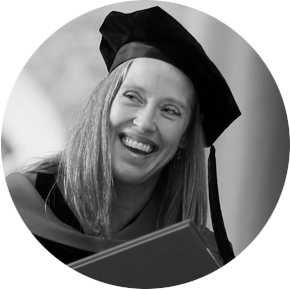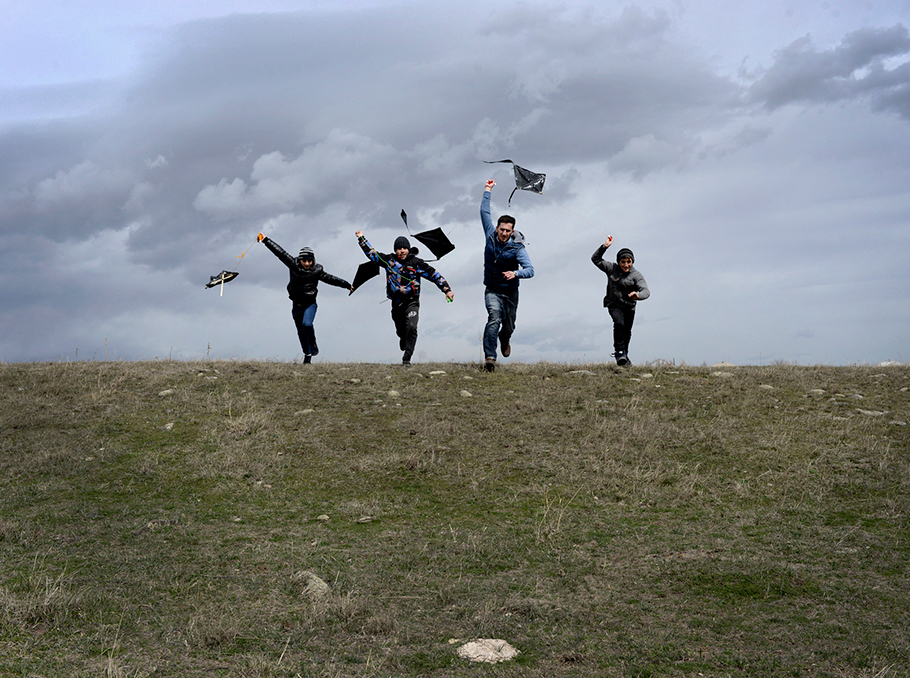Mediamax’s exclusive interview with CEO and Co-Founder of Teach For All Wendy Kopp.
TFA is a global network of independent nonprofit organizations working to expand educational opportunity in their own countries and the Founder of Teach For America, a national teaching corps. Wendy Kopp recently visited Armenia and attended Teach For Armenia Ambassador Induction Ceremony.
In 2018 Teach For Armenia had a second generation of alumni, who became Ambassadors for Educational Equity. Summing up the work of these years, how do you assess the mission of Teach For Armenia? Does the program serve its goals?
Teach For All is a network of independent organizations in 48 countries and growing, which all share a common purpose to develop collective leadership in order to ensure all children fulfill their potential.
These organizations and their staff members, teachers and alumni all learn from each other across borders, because we’ve seen that the roots of the challenges we address are so similar from place to place, and it means that the solutions in education are much more similar than one might assume. This network is working to grow local leadership to expand opportunity for children. What we’ve seen is that local leaders can move a lot quicker if they’re exposed to what is working and what is possible from other places. We’re so excited to see the impact Teach For Armenia has already made so early in its tenure.
The mission is, first of all, to channel the energy of some of Armenia’s most promising future leaders into working with Armenia’s most vulnerable children and to see the impact they’re having during the ten years and beyond. They really commit themselves to working long-term to improve and expand opportunity for kids.
What is the position of Teach For Armenia in the network in terms of academic knowledge, teachers’ engagement and prevalence in the country?
One of the real strengths of Teach For All is just the diversity context in culture and the innovations of different network partners. Teach For Armenia has been doing such good work in training and helping teachers to engage their students, and also in supporting the fellows during their two years to work in partnership with people in their communities, to work on broader partnerships for community development.
Many of our network partners and our global organization are learning a lot from the approach to pre-service and ongoing support.
If you compare the network’s missions in different countries, what are the specific features of Teach For Armenia?
Teach For Armenia believes and understands that the circumstances of children’s birth predict their educational outcomes. It is a very complex issue and we need to take that issue on its full complexity to address it. It means that ultimately we need people with the vision for all children fulfilling their culture working at every level of the education system, at every level policy and across sectors.
That purpose and those beliefs are what unites everyone across the Teach For All network. Of course, how Teach For Armenia is living in that is adapted to the Armenian context.
 Wendy Kopp at Teach For Armenia office
Wendy Kopp at Teach For Armenia office Photo: Teach For Armenia
They get there so early on in their journey, just four years into the development of Teach For Armenia. As one example, they’re working with their communities to articulate a vision for students, alongside students and parents and other educators to consider. What we want for our kids is the engaging, the hope community working towards that vision, which is really powerful.
Apart from educational programs, the fellows also implement community projects in Armenian villages, assisting in the activation and improvement of community life.
A whole segment of kids face many extra challenges that other kids don’t face. They may be economic challenges, just the challenges of growing up in poverty, not having access to adequate nutrition or health care or early education.
The idea behind the community projects is to engage the teachers in working alongside the members of the communities to address different aspects of that problem. For example, the initiative by one of the fellows was to start a company, and now they produce amazing cheese and honey.
He started working with the families to say, “We can actually make business out of it.” That can support economic development in region, which is actually a piece of this larger puzzle. It helps the fellows integrate themselves in communities, better understand the communities, to develop stronger relationships and stronger trust with families while.
The ranks of Teach For Armenia Ambassadors are expanding as new fellows arrive. What is your message to them?
I’m so excited about what they have the potential to do for the sake of kids, families, communities here in Armenia and because I know that the innovations they find here will help inform efforts all around the world through the Teach For All network.
Their leadership is very important. If we can develop enough leadership, we can solve anything. I think they’re realizing that their leadership and engagement is important. At the same time, we need the leadership of many others. So, they can support and inspire the leadership of their students, parents and other teachers and schools, other people in their communities, and it will take collective leadership to ensure that we really get where we’re trying to go. And maybe, we can move more quickly if we’re open to learning from outside of our own community, from each other in Armenia and outside of Armenia.
A couple of years ago, we at Teach For All stepped back to ask ourselves what we were working to accomplish together by 25 years from now. We articulate the vision around whole communities in every part of the world and with all their children to have the education and support an opportunity to shape a better future for themselves and all of us. I really believe some of those communities will be here in Armenia, I think those communities have been inspiring form a worldwide movement to accomplish that everywhere.
Marie Taryan talked to Wendy Kopp























